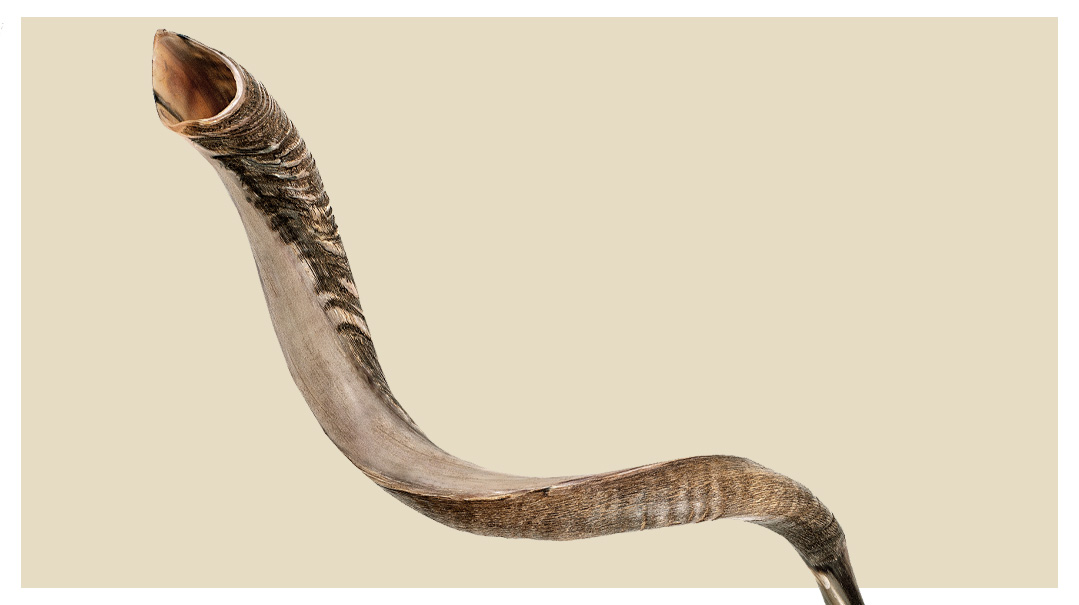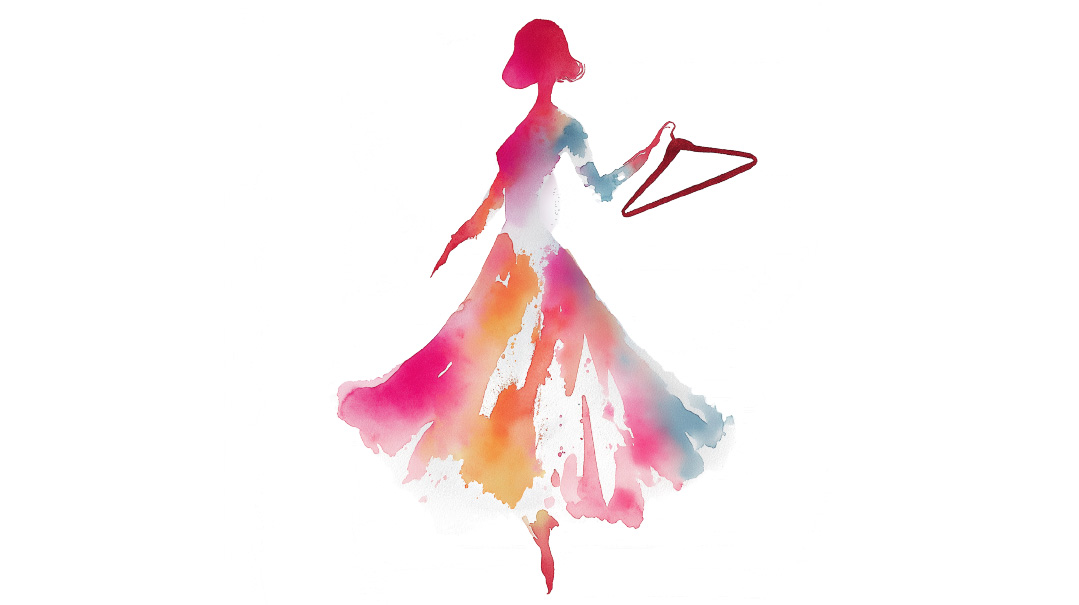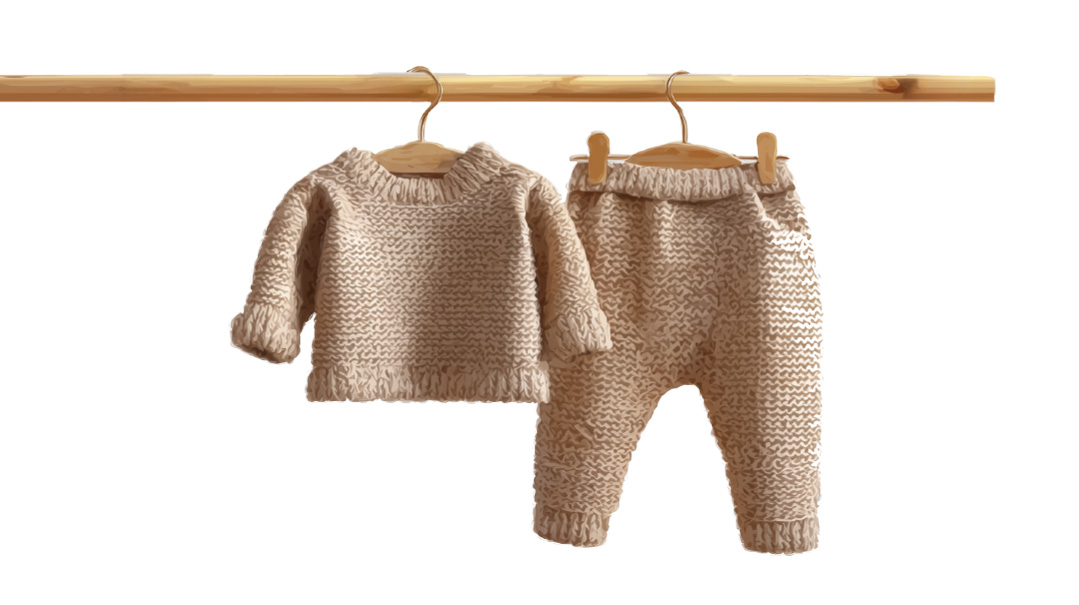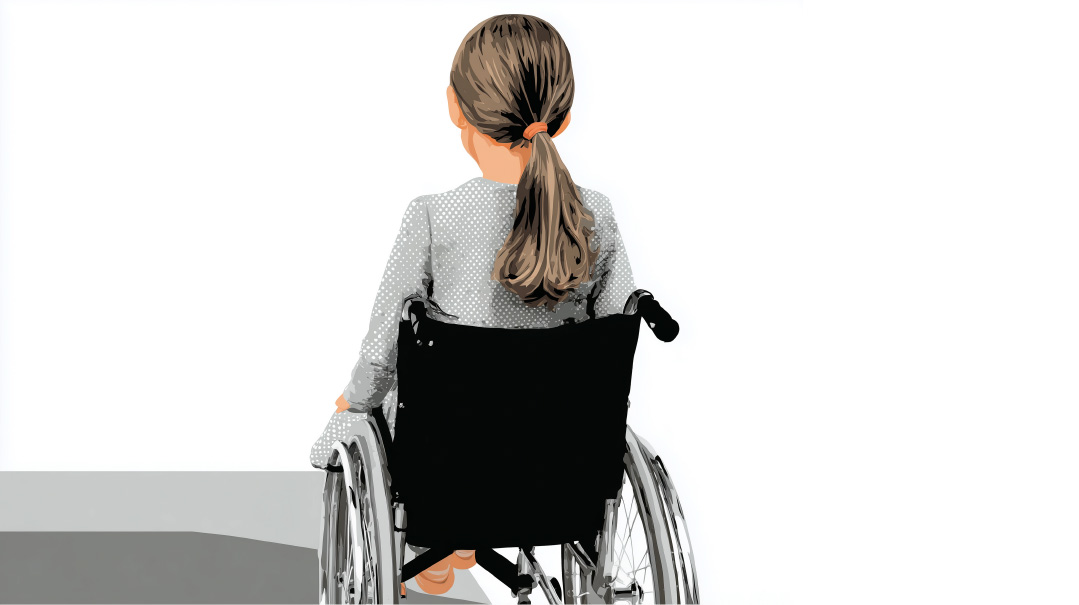The Humble Ones

Yes, I conclude, it might be that we are the anavim, the ones who don’t believe we are worthy

Sometimes, on Leil Shabbos, when the meal is done, a sweet spirit takes hold of my children, and they continue singing. They push back their chairs and sing camp songs and kumzitz songs. They go on and on, harmonizing with each other, drumming their fingers to the old songs of faith and yearning and hope and salvation.
It was on one such night, after the dishes had been cleared but the candles were still burning, when they began singing, “B’sha’ah sheMelech HaMashiach ba…” I listened to the words and smiled at this poignant portrayal of the scene when Mashiach finally reveals himself. And as my children’s voices rose, my thoughts surged along with them.
When Mashiach finally comes… a small, cynical voice in me says, in a world as ugly and confused as ours, how could Mashiach possibly come? It’s a fairy tale. A song for another time.
Oops! We could not locate your form.







